‘The war in Ukraine is a war against all of us’
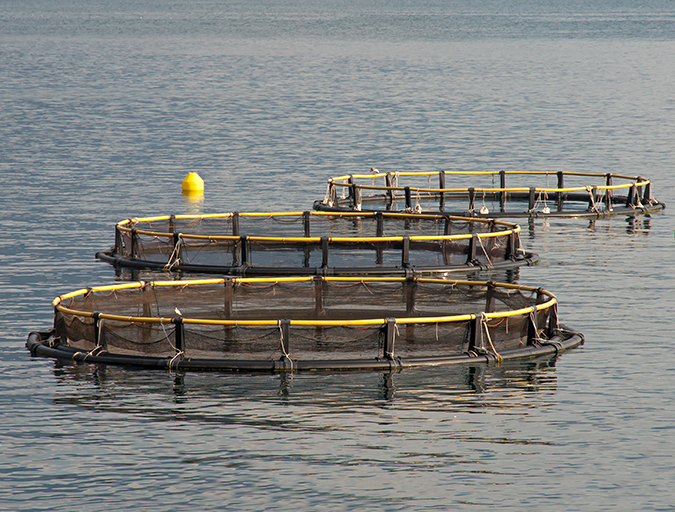
On March 25, the European Commission activated new crisis measures to support the seafood sectors impacted by Russia’s invasion of Ukraine. Under the European Maritime, Fisheries and Aquaculture Fund (EMFAF), the crisis mechanism will bring “immediate relief” to operators of the fishery, aquaculture and seafood processing sectors hit hard by the Ukraine-Russian war. Specifically, it will provide financial compensation for their economic losses and additional costs.
“The war in Ukraine is a war against all of us,” said Virginijus Sinkevičius, Commissioner for the Environment, Oceans and Fisheries. “Our fisheries, aquaculture and processing sectors are hit hard due to high energy, oxygen and raw material prices. This is the second time in the past years after the COVID-19 pandemic, so we are again taking quick action to support them in this turmoil.”
In terms of achieving the objectives of the European Green Deal, the emergency crisis measures will not impede long-term efforts towards structural energy transition of the fishery and aquaculture sectors, he added.
The military aggression of Russia against Ukraine has increased the prices of energy and raw materials, increasing operating costs and squeezing profit margins in the fishery, aquaculture and seafood processing sectors. Additionally, many European Union (EU) fishers are not going out at sea because it’s more costly than staying in port.
“The whole EU fleet is becoming virtually unprofitable,” the European Commission wrote in a press release. “Fishing vessels operating in the Black Sea are also facing the threat of possible military activities, therefore leading to a precautionary suspension of their activity. The aquaculture and processing sectors are also harmed by the increase of costs of energy and raw materials, as well as high logistics and transport costs.”
According to the Commission, it is expected that the fish market will face a negative supply shock, both of fresh EU fishery products (stemming from the decision to not venture out at sea) and of certain processed or preserved products because of the raw material shortages.
In line with the EMFAF Regulation, the Commission can activate the crisis support mechanism in case of an exceptional event causing a significant disruption of markets. These new crisis measures will enable Member States to grant financial compensation to operators for income foregone due to the current market disruption, as well as “storage aid” to producer organizations. This step comes in addition to the Temporary Crisis Framework, which enables Member States to provide support through State aid.
The crisis mechanism allows member states to grant two types of crisis measures:
- Financial compensation to operators of the fishery, aquaculture and processing sectors for their income foregone and additional costs stemming from the current market disruption. Additional energy costs can be covered by the compensation if they are linked to the market disruption caused by the military aggression of Russia against Ukraine.
- Financial compensation to producer organizations if they implement the storage mechanism of the common organization of the markets (“storage aid”). That mechanism allows producer organizations to store the products of their members to secure a satisfactory level of price on the market.
The EMFAF crisis mechanism is a temporary measure, but it applies retroactively as of February 24 – the start date of Russia’s aggression against Ukraine – and will last until the end of 2022.
Follow the Advocate on Twitter @GSA_Advocate
Now that you've reached the end of the article ...
… please consider supporting GSA’s mission to advance responsible seafood practices through education, advocacy and third-party assurances. The Advocate aims to document the evolution of responsible seafood practices and share the expansive knowledge of our vast network of contributors.
By becoming a Global Seafood Alliance member, you’re ensuring that all of the pre-competitive work we do through member benefits, resources and events can continue. Individual membership costs just $50 a year.
Not a GSA member? Join us.
Author
Tagged With
Related Posts
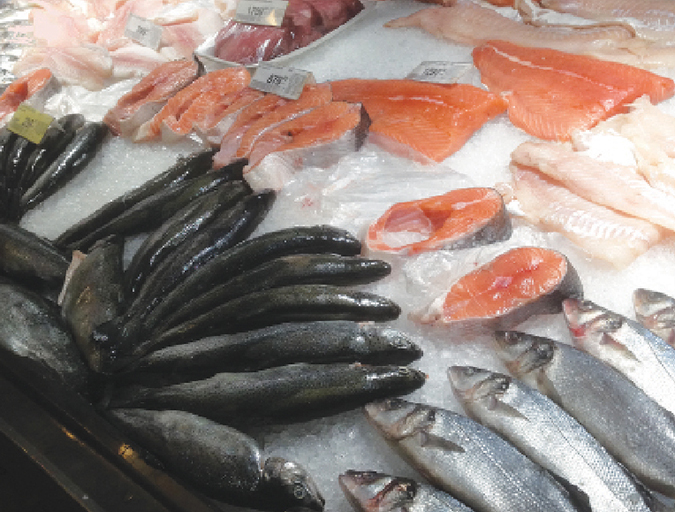
Intelligence
Russian food embargo: Who’s been hurt?
Russia’s 2014 embargo on seafood and other food imports from the United States, European Union members and other countries created multiple impacts. Russian consumers have experienced higher prices and declines in the volume and quality of seafood available. Russian companies in seafood value chains have also been hurt.
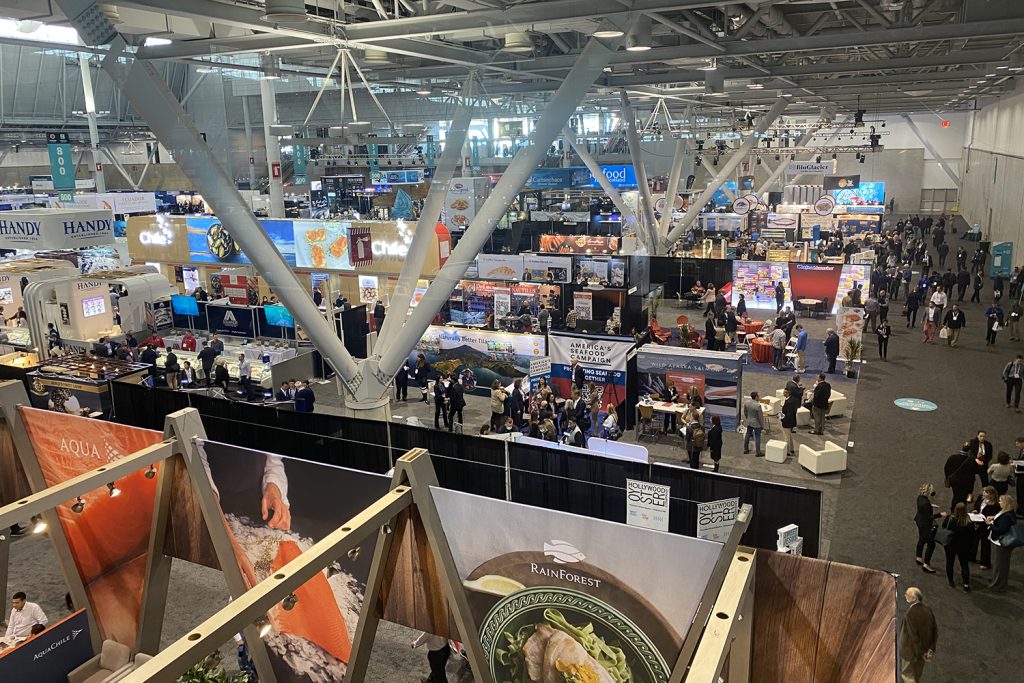
Intelligence
Reunited: A confident but cautious industry returns to Seafood Expo North America
At the first Seafood Expo North America since 2019, excitement, relief and the familiar smells of sauteed seafood samples were in the air once again.
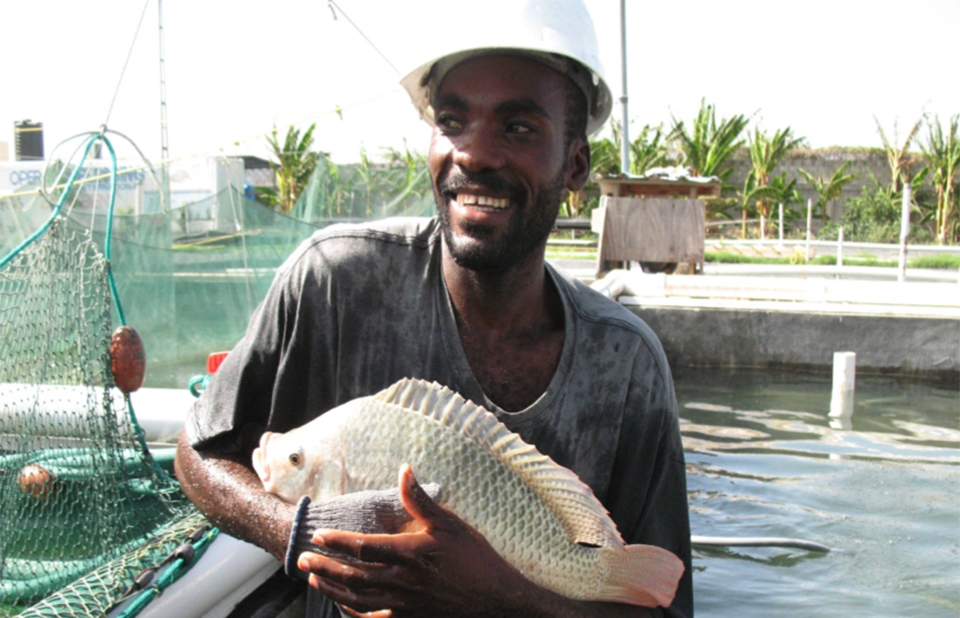
Responsibility
Haiti’s hatchery of hope
Built on a dream of feeding some of the world’s poorest and most vulnerable people, a charity-built tilapia hatchery in Haiti now learns to stand on its own.
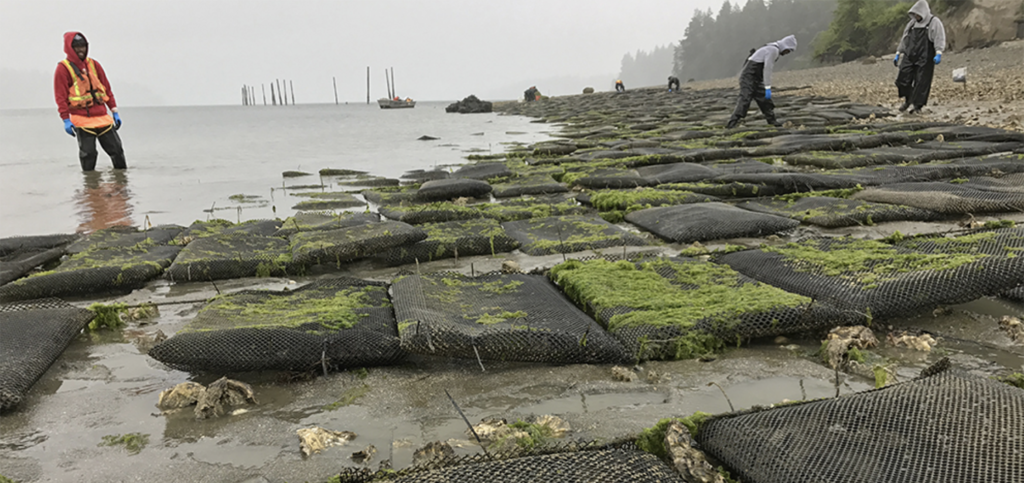
Intelligence
COVID-19 has the West Coast shellfish sector on hold
The impacts of the coronavirus (COVID-19) pandemic on the industry are vast. In the Pacific Northwest, some producers are faring better than others.



